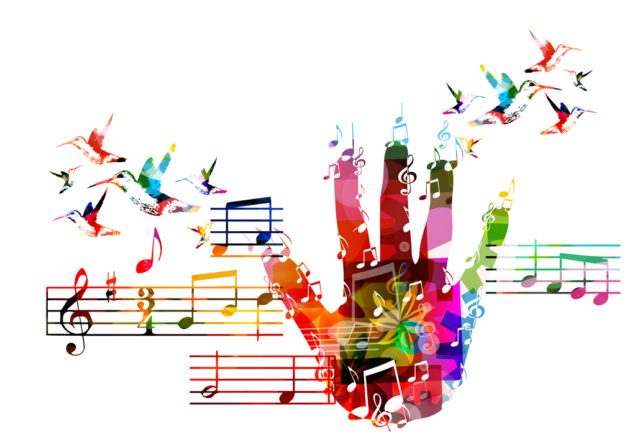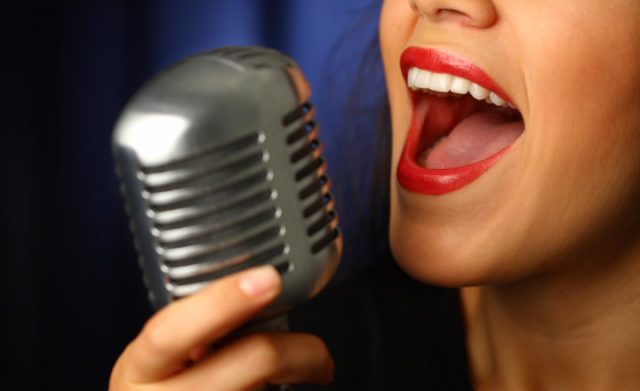For many, music represents much more than just sounds expelled from musical instruments or, nowadays, from some software designed to imitate them in a combination of rhythms that make they fit and form a melody.
There are different musical genres, each, in turn, has different variations and combinations with other rhythms, and each aimed at a certain type of audience to satisfy different tastes. But when we affirm that music is the universal language; what do we really mean? Well, music has the singularity of being able to be understood by anyone, regardless the language in which it was composed.

Music also has a great influence on society. Music simply captures our attention and is able to envelop us. It can even make us change our minds about some specific topic. So it is used to sell products, services, and even people.
When we see a television commercial it is easy to notice how a melody is included according to the product or service to be sold. That is why marketers highlight the importance of music in advertising.
But that is not all. In fact, advertising has produced such good results that it has now been taken a little further. That is to say, it has stopped to create an own song of the product as it is the “jingle” -that consists of a short song, generally of 5 to 60 seconds of duration, where the name of the mark or product and its slogan is mentioned- to make adaptations of popular songs with the purpose of attracting a greater amount of interested ones.

In recent years, such adaptations have become increasingly common in election campaigns for politicians, who use the topic that is most fashionable to favor their subsequent election. In Latin America, music has also been a great weapon of protest against authoritarian rulers, capturing the attention of the national community or, in some cases, the international one. Some songwriters of this genre, just to mention a pair of cases, we can refer to Alí Primera, in Venezuela, and Víctor Jara, in Chile.
In the case of Jamaica, in the decade of the 1960s, the genre “Reggae” was created. It was initially used by Jamaicans as a form of protest against corrupt governments and, in addition, to proclaim social equality, peace, and justice; to recognize the existence of a God who created everything. His greatest interpreter: deceased Bob Marley.
But music is not just marketing. Since ancient times, music has been an artistic expression of opinions or general impressions of a specific culture. Unfortunately, we could not chronologically date its origin, since it is believed that initially, lacking musical instruments, was produced only voice and body percussion leaving no trace in the archaeological record.
However, it is thought to have appeared alongside oral language. In its beginnings, the music was used to narrate anecdotes, histories, own stories, and stories of each region. In addition, it is thought that music is something we are born with. That is, we all feel the need and desire to listen to or produce music.
With music, we can express everything. Feelings such as love, hate, happiness, anguish, among others, are expressed through music. We can also create stories with reference to any subject, to captivate all kinds of tastes. And because hearing these stories, these examples of events in everyday life, we love, especially when we feel identified with some of these stories.
In another sense, music can be a very effective tool for teaching. Children’s songs teach numbers, animals, new words, and much more to our school-age children. By the way, each culture has a rhythm or musical genre that identifies or differentiates it from the rest and that is part of its folklore. It is important to note that, in some cases, these are combinations of rhythms of their own and, in other cases, they were acquired from other cultures, something that is very often seen in America, due to the process of colonization.

Now that you have read this, we ask you; do you realize the great power of music? Could you imagine a world without music? Before answering, analyze your daily routine a little bit and respond to yourself: how often is music present in your life?
Most people include music in their affairs almost every day. Just to give some examples, there are people who put music when taking a bath; others, on their way to work, the university, and also when going back home; during a trip, whether short or long; when doing exercises like running, etc. We only put on the earphones and that way we travel, in our imagination, practically everywhere.
Finally, the music also relaxes us and can change, very quickly, our general state of mind. It can also make us focus on our daily tasks. This is how many people listen to music, especially while they work, to stay focused on their respective tasks. To finish, we ask you again: can you feel the power of the music?

